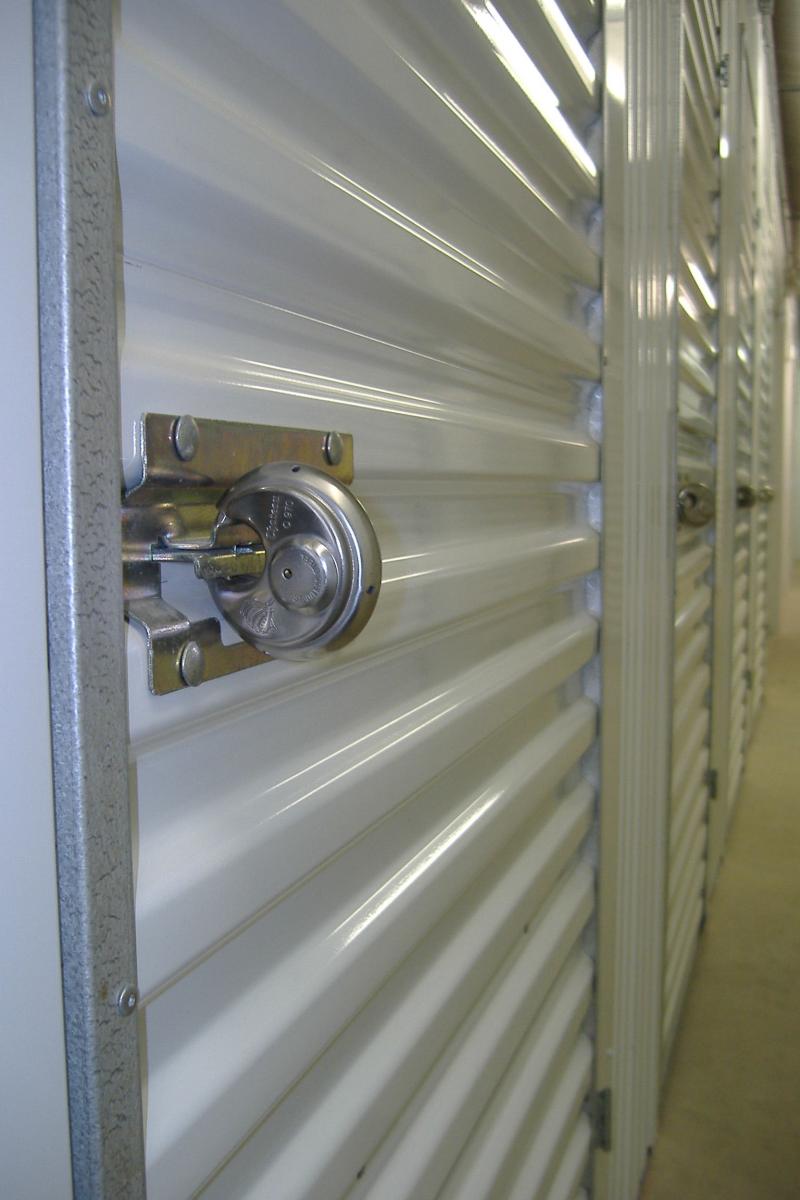Who Needs Climate-Controlled Storage?
—
April 8th, 2021

If you’re looking for a storage unit or considering an upgrade from your existing unit, you may be thinking do I need a climate-controlled unit. Here are some reasons that you might want to consider climate-control storage, for your storage needs.
If you’ll be storing anything that’s valuable, sentimental or potentially sensitive, a climate-controlled unit will meet your needs.
What is Climate Control?
Climate-controlled storage units, are also called temperature-controlled. At Lock Box Self Storage they are heated and cooled by circulating air through the buildings at our storage facility. The standard for temperature-controlled units is between 55 and 80 degrees Fahrenheit year-round, barring a system failure. This helps keep what you are storing from extreme temperatures. This keeps the interior of the building similar to that of a home’s interior rather than that of the outside environment.
What Should Be Stored In A Climate-Controlled Unit?
CD’s DVD’s and Record Albums
Any type of disc constructed of plastic or vinyl can be subject to cracking or warping in extreme temperatures. When the temperatures are high this can cause warping on vinyl records and cold temperatures can cause them to become brittle and chip or break. When storing make sure to use protection like bubble wrap or packing paper to help protect them.
Fabrics
Fragile fabrics, such as a silk or tulle like a wedding dress, should be stored in a climate-controlled unit after being cleaned and wrapped in acid-free tissue paper. Items made of delicate materials including upholstered furniture, pillows, antique toys, curtains, and linens should be stored in climate-controlled. First make sure everything is cleaned and packed and wrapped for storage. Make sure all items are completely dry before wrapping and storing.
Framed Photographs and Fine Art
All photographs, fine art, and paintings will need to be stored in climate-controlled storage. High humidity can prompt warping and mold and mildew. Extreme temperatures can cause cracking, splits, shrinking or expanding during high humidity.
Appliances, Electronics, and Metals
Electronics such as stereos, speakers, computers and cameras can rust or corrode in high humidity. Moisture will corrode items containing metals, including appliances, musical instruments and hose hold fixtures.
When storing appliances, drain the hoses and any components that may have liquid or moisture in them to prevent mildew. Clean them thoroughly inside and out, allowing them to dry before storing. Make sure to remove all batteries from electronics when storing.
Paper Goods
Items made of paper, books, documents, photographs, and newspapers, can yellow, fade or curl when exposed to extreme temperatures, or light source. Humidity can especially affect paper items encased in plastic, such as comic books and collector’s items, prompting damage from moisture.
Wooden Items
Wood can contract with the cold and expand with the heat, storing wooden antiques, furniture, or heirlooms in climate-controlled units is best.
Prepping these item for storage is a good idea. Clean and wax all wooden furniture components. Wrap them in a sheet or drop cloths, then secure them with tape, that isn’t applied to the wood itself. Using furniture pads to further protect the wood from damage.
Lock Box Self Storage is here to help you decide what storage is best. We sell furniture and mattress covers, bubble wrap, boxes, tape, packing paper and more. Call or come by and we will help you find what you need to make your storage a success.
